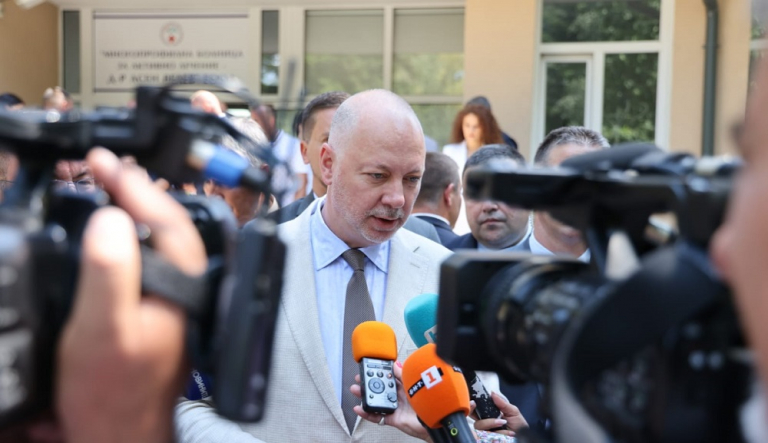
07.07.2025
It is extremely important that the Bulgarian delegation votes unanimously in favor of Bulgaria, stated Prime Minister Rossen Jeliazkov to journalists regarding tomorrow’s vote in the European Parliament on the country’s accession to the Eurozone. Tomorrow, the Council of EU Finance Ministers (ECOFIN) will also make a decision on the matter. According to Jeliazkov, no surprises are expected, and he emphasized that Bulgaria meets the convergence criteria. Further work lies ahead until the effective introduction of the euro, added the Prime Minister, recalling the clear deadlines set out in the Law on the Introduction of the Euro and in the plan for adopting the single European currency. One month after the date of the Council’s decision, the dual display of prices for all goods and services will begin. Six months before the effective date of euro adoption, the active phase of the public information campaign on the topic will also start.
People should not rush to exchange their leva for euros yet, Prime Minister Rossen Jeliazkov was categorical. He noted that starting from the beginning of next year and for a period of six months, this can be done free of charge at all commercial banks as well as at the post offices of Bulgarian Posts in settlements where there are no bank branches. During the second half of the year, the exchange at commercial banks will continue but will be subject to a fee determined by them. The Bulgarian National Bank will exchange leva into euros free of charge and without any time limit.
Regarding potential attempts at speculation, Prime Minister Rossen Jeliazkov noted that the government has taken all necessary measures. A number of institutions are working on this issue – the National Revenue Agency (NRA), the Commission for Consumer Protection (CCP), the Ministry of the Interior, the Commission on Protection of Competition (CPC), and regional governors in partnership with local authorities. Jeliazkov pointed out that the market will not be distorted by excessive control or excessive intervention. “We want market mechanisms to function smoothly, but no one should abuse a dominant or monopoly position, especially where there are no alternatives in supply,” Jeliazkov added. According to him, there are political forces and their “avatars” who are exploiting people’s fears and questioning the introduction of the euro, thus trying to create expectations for a new political crisis and to make this the “muddy water” in which everyone will attempt to realize their political projects.
In response to a journalist’s question, Prime Minister Rossen Jeliazkov stated that votes of no confidence are a form of parliamentary oversight, and when the opposition resorts to them, it should present its own alternative. However, in Jeliazkov’s view, votes of no confidence in the Bulgarian Parliament have rather become a kind of political burlesque. “No one has an interest in devaluing the values of democracy, including the effective work of the opposition,” the Prime Minister was categorical.